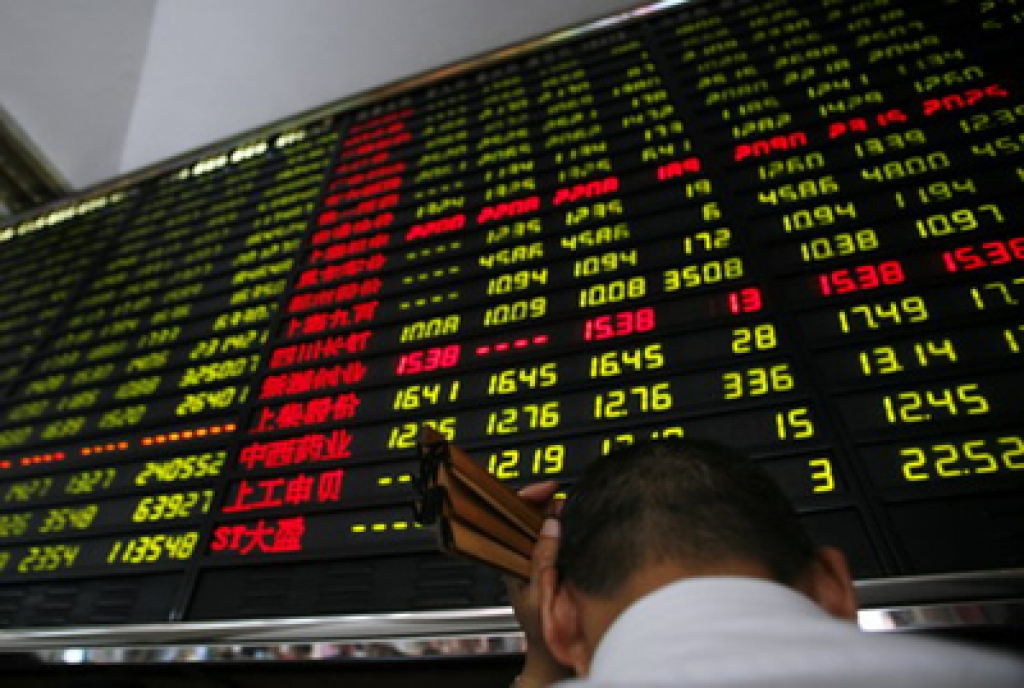 TOKYO: Japan's Nikkei rose for a third straight day on Tuesday as investors tiptoed back into equities amid signs of a slight easing of trade tensions between the United States and China.
TOKYO: Japan's Nikkei rose for a third straight day on Tuesday as investors tiptoed back into equities amid signs of a slight easing of trade tensions between the United States and China.
Hopes for fresh stimulus moves by major economies also boosted riskier assets.
On Monday, Washington extended a reprieve that permits China's Huawei Technologies to buy components from U.S. companies by 90 days, to supply existing customers.
The Nikkei share average rose 0.6% to 20,677.22 points, while the broader Topix added 0.8% to 1,506.77.
"It's like an extension of yesterday's rally -- largely buoyed by short-covering although the moves seemed to lack strong conviction," said a Tokyo-based investment manager.
Investors were growing cautious ahead of the U.S. Federal Reserve's Jackson Hole symposium and G7 (Group of Seven) summit later in the week, he said.
On Wall Street, all three major stock indexes gained overnight, with Apple jumping 1.9% to provide the biggest boost to the Nasdaq.
That helped Tokyo-listed Apple suppliers, with Taiyo Yuden and TDK Corp rising 1.6% and Foster Electric advancing 1.4%.
After speaking with Apple's chief executive Tim Cook on Sunday, U.S President Donald Trump said the CEO "made a good case" that tariffs could hurt Apple, given that Samsung's products would not be subject to those same tariffs.
Tokyo-listed chipmaking-related firms also got a boost after the U.S. Philadelphia semiconductor index climbed 1.9% on Monday as Huawei's U.S. chip suppliers, such as Micron Technology, rose.
Semiconductor manufacturing equipment maker Screen Holdings surged 5.4% and chipmaking equipment supplier Tokyo Electron rallied 1.4%.
Rate-sensitive TSE REIT index rose 0.3%, extending its winning streak to an eighth day to hit its fresh 12-year highs since 2007.
Real estate was the best performing sector among the Tokyo market's 33 subindexes, with both Mitsui Fudosan and Mitsubishi Estate up 1.7%.
Hopes for additional stimulus helped sentiment after media reports said Germany is prepared to increase fiscal spending, and after the People's Bank of China took steps to lower corporate borrowing costs by setting a new lending reference rate.
Turnover on the Tokyo Stock Exchange's main board was thin at 1.58 trillion yen, well below its daily average of 2.33 trillion yen over the past year.




















Comments
Comments are closed.